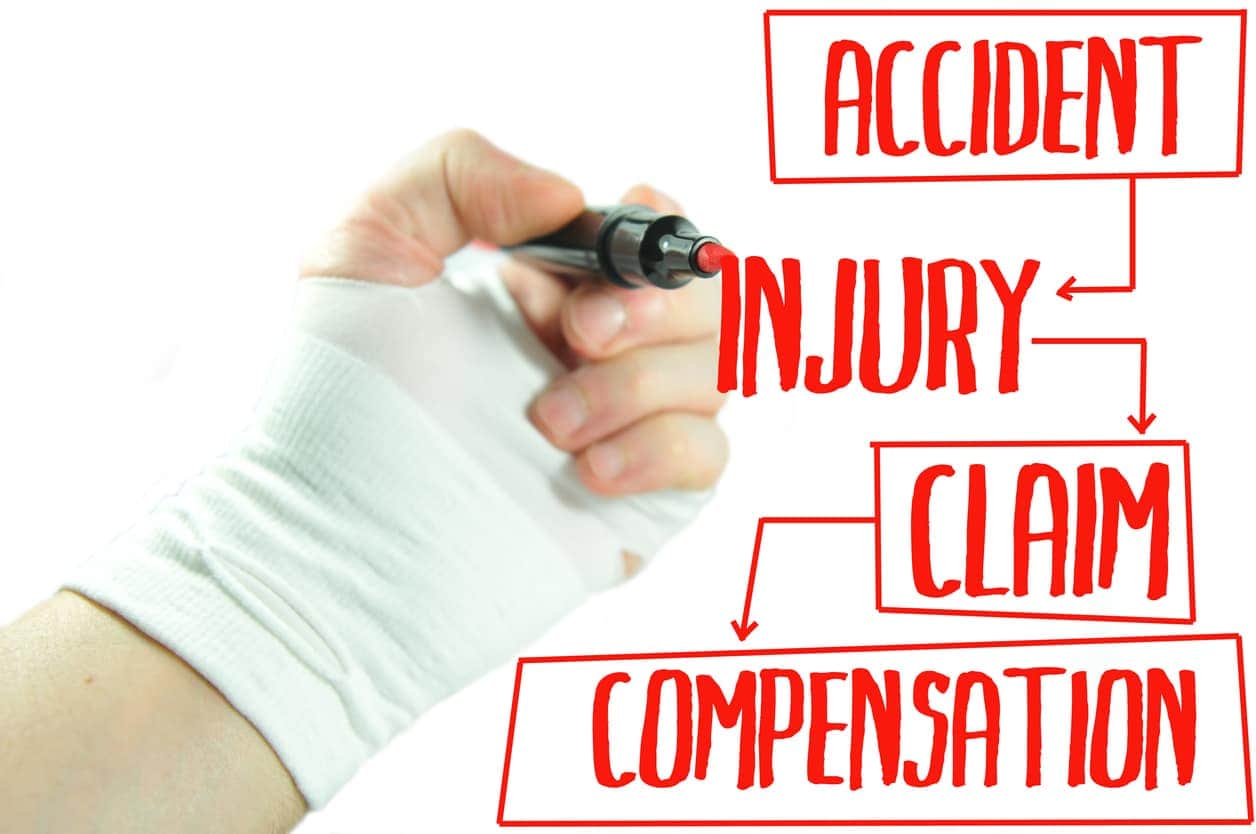Here at Renfro & Renfro, we’ve helped countless injured workers across Virginia navigate the complexities of returning to work after an injury. One of the most misunderstood topics is light duty work – and more importantly, what happens when you’re medically restricted from performing it. In this post, our experienced workers’ compensation lawyers explain how Virginia law treats light duty offers, what your obligations are, and how to protect your workers comp benefits if your restrictions make the job impossible to perform.
What Is Light Duty Work Under Virginia Workers’ Comp?
Light duty refers to a job that accommodates your doctor’s work restrictions after a workplace injury. These roles often involve:
- Reduced physical demands (no heavy lifting or prolonged standing)
- Adjusted hours
- Administrative or desk work
Virginia law doesn’t require employers to offer light duty – but if they do, the light duty job must align with your treating physician’s restrictions. Our team at Renfro & Renfro regularly reviews these restrictions with clients to ensure any return-to-work offer is lawful and medically appropriate.
What Happens If You’re Offered Light Duty but Can’t Perform It?
If your employer offers a light duty job that you physically cannot do, you’re not obligated to accept it, but you need to take the right steps to protect your workers compensation benefits:
- Immediately notify your doctor and ask for revised written restrictions
- Inform your employer in writing that the job exceeds your limitations
- Document everything, including symptoms, job tasks, and attempts to comply
Failing to formally document the issue could risk suspension of your temporary disability benefits. The workers’ comp attorneys at Renfro & Renfro step in quickly when injured employees are being pressured to perform unsuitable duty work.
Refusing Light Duty Work: Risks and Rights
In Virginia, if you refuse light duty that fits your restrictions without good cause, your wage replacement benefits may be suspended under Va. Code § 65.2-510. But here’s the key: the light duty job must actually be appropriate under your work restrictions. If you attempt the position and can’t perform it due to your injury or illness, you may be entitled to full temporary total disability benefits again – especially if you give it a good faith effort for at least 15 days.
Renfro & Renfro helps injured workers challenge improper job placements and appeal denials when employers or the insurance company try to end benefits unfairly.
No Light Duty Offered? You May Need to Job Hunt
If your employer doesn’t offer modified duty and you don’t have an open workers’ compensation award, Virginia law may require you to:
- Search for at least five suitable light or modified duty jobs each week
- Register with the Virginia Employment Commission
- Keep detailed logs of your efforts to find transitional work
This part of the workers compensation system can be overwhelming. Our firm regularly helps injured workers track their progress, meet requirements, and build strong documentation to protect their eligibility.
Know Your Benefits: What You May Still Receive
Depending on your medical condition and ability to work, you may qualify for:
- Temporary Total Disability (TTD): If you’re unable to work in any capacity due to your injury or illness
- Permanent Partial Disability (PPD): If your injury leaves you with a lasting impairment to a body part or function, even if you can still work in some capacity
Your right to workers’ compensation benefits depends heavily on proper documentation from your medical providers and your compliance with the system’s rules. If you’re unsure what you’re entitled to, our attorneys can clarify your eligibility and defend your claim.
When Employers Retaliate or Terminate You on Light Duty
Retaliation can take many forms. Some employers may suddenly reduce hours, assign certain tasks outside of your restrictions, refuse to provide reasonable accommodations, or even terminate employment after a workers’ compensation claim is filed. While Virginia is an at-will employment state, it’s illegal to fire someone simply for filing a claim or for being an injured worker.
Renfro & Renfro has a strong track record of defending injured employees against retaliation and benefit suppression. We’ve seen firsthand how some employers try to push workers out through subtle pressure or policy violations. One client shared,
“My experience with Renfro & Renfro has been the most pleasant experience dealing with a crazy situation… not one time did I feel like just a number… Professional, respectful, and always keeping me in the loop.”
That level of support and communication is what we aim to provide to every client we represent.
What to Do If You’re Struggling with Light Duty Restrictions
If you’re unsure how to handle a light duty job offer or you’re having difficulty performing your assigned work duties, take these steps:
- Request updated, written restrictions from your treating physician
- Make a good faith effort to perform the job, when medically safe
- Keep written records of your experience and any issues encountered
- Notify your employer and healthcare provider promptly if the job exceeds your limitations
- Contact Renfro & Renfro to review your rights and next steps
You Don’t Have to Navigate This Alone
Returning to work after a serious injury can be confusing – especially when navigating light or modified duty. If you’re receiving workers’ compensation benefits and don’t know what happens if you can’t perform light duty work, we’re here to help. The attorneys at Renfro & Renfro have deep experience within Virginia’s workers’ compensation system.
Contact us today, we’re ready to protect your rights, your health, and your future.






